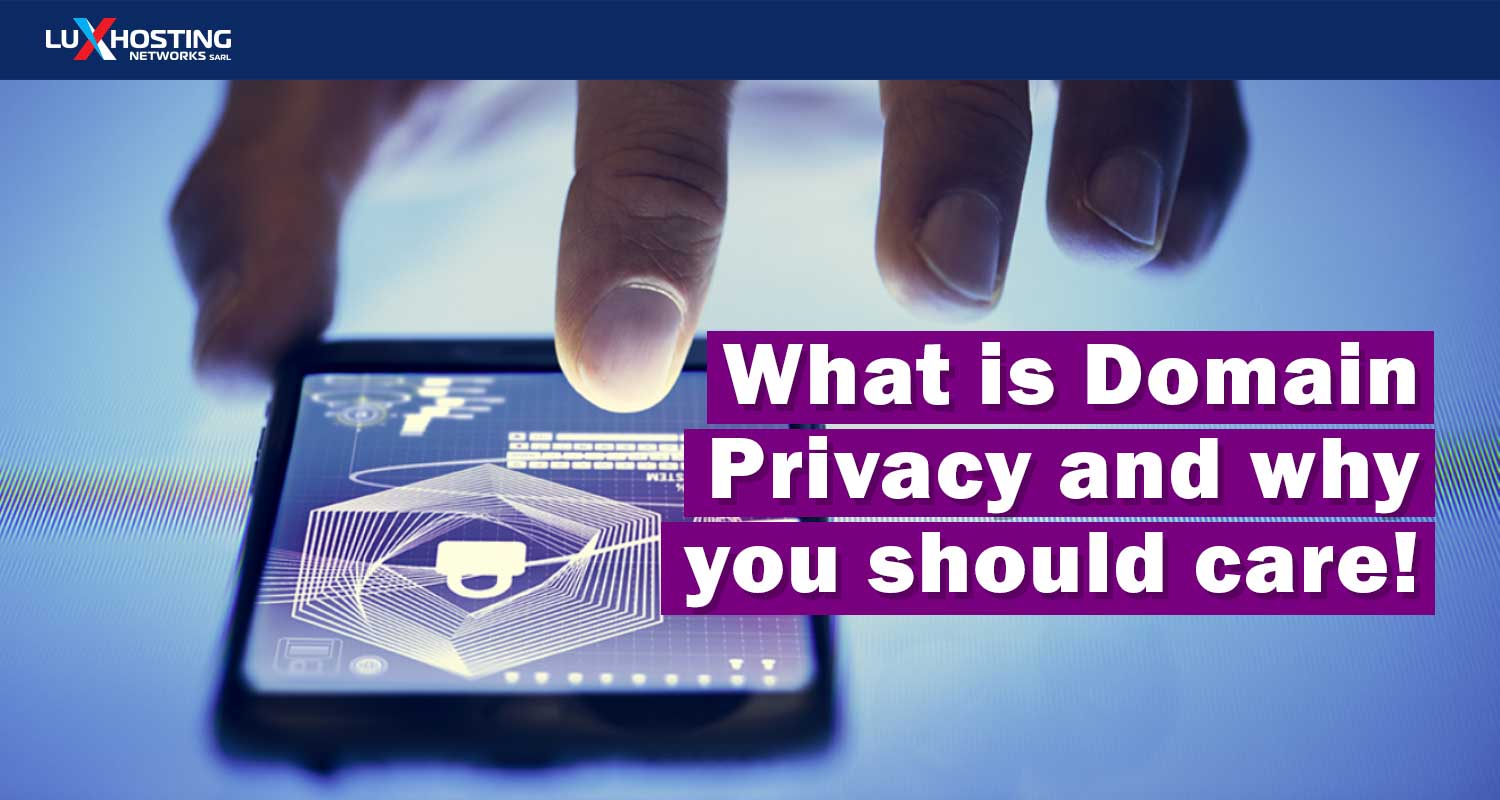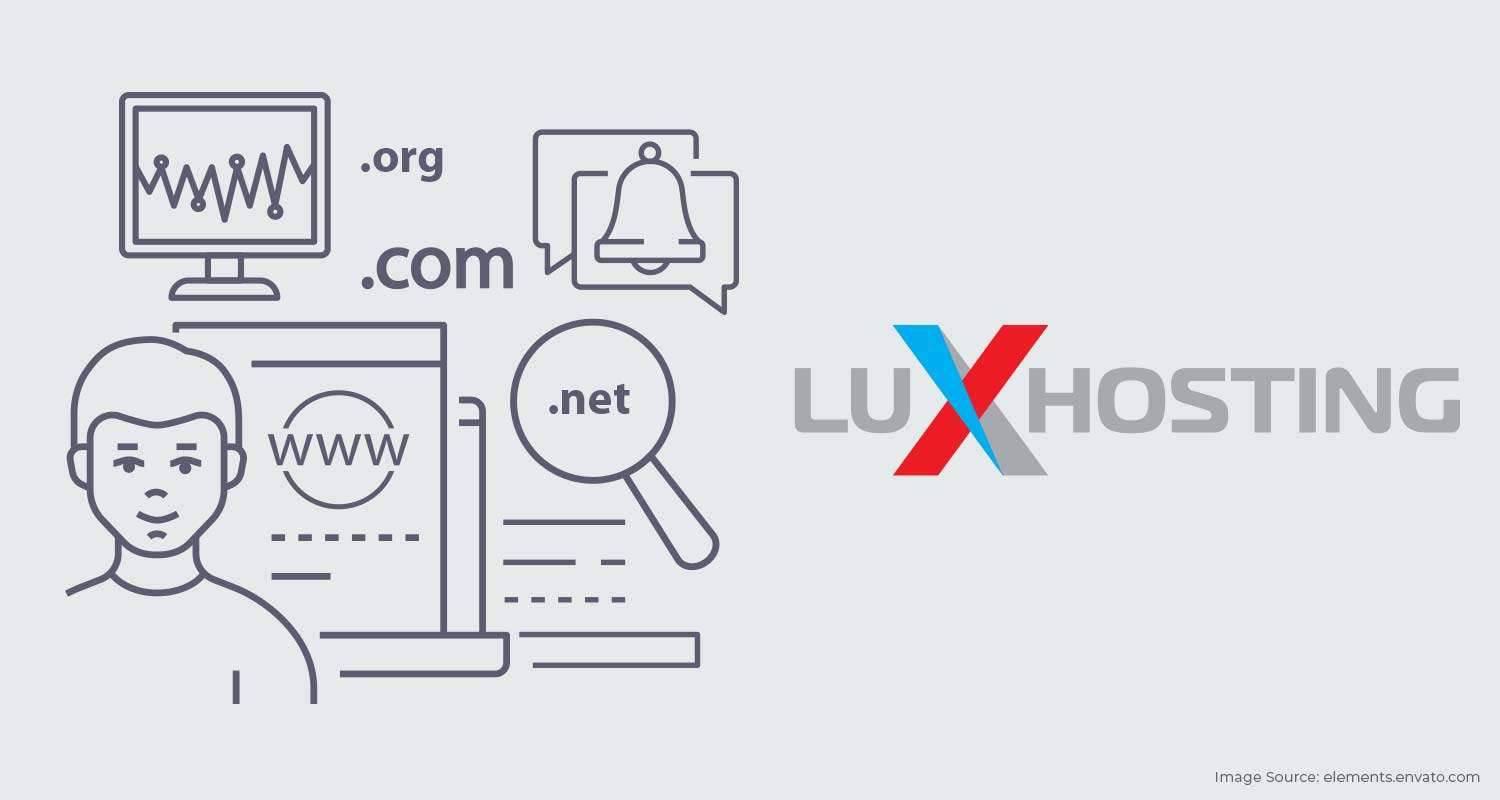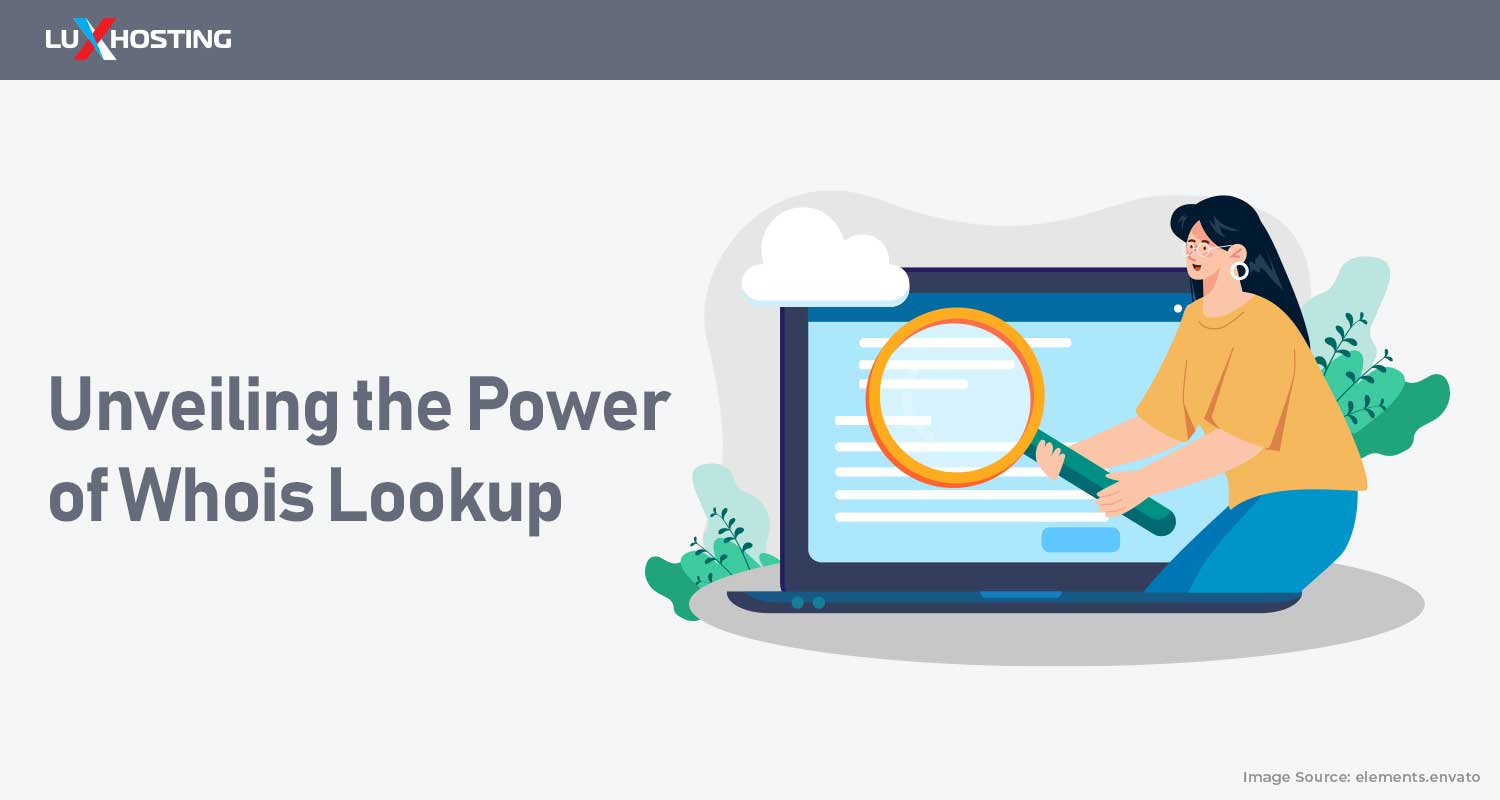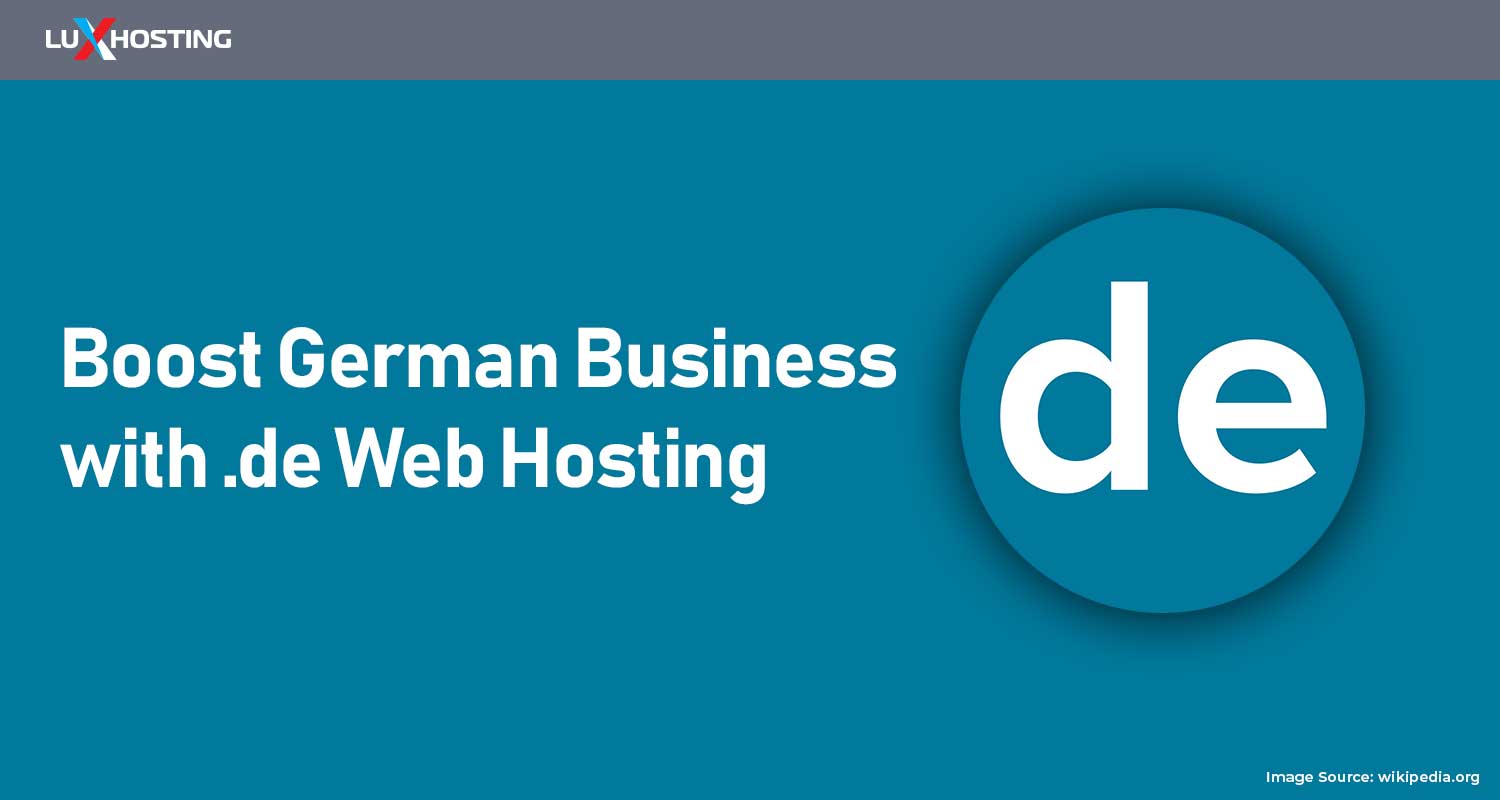Websites are so important for your brand that many successful companies don’t even have a brick-and-mortar location. The website is the brand. And that makes your website worth protecting, but sometimes that protection seems to come at a cost. Like your time, your money, and, thanks to the domain registration process, your privacy. Because when you register a domain name, you put your information online for the world to see in the public WHOIS database.
What is the WHOIS database?
The WHOIS database lists the contact information of everybody who owns a domain name. This information is publicly accessible, which makes things easier when you want to sell your domain name but can also be a major pain for reasons we’re about to get into.
Why do I need to keep my information private?
In general, the less information you have on the internet, the safer you are from identity theft, from silly pictures that come back to haunt you when you’re no longer a college student, and from people who are just too nosy for your comfort. Here are some more reasons you might want to keep your information private:
1. Making your information public makes it easier for you to get scammed
Take five minutes to scroll through personal finance forums online and you’ll see that it’s not just innocent old ladies who get scammed. People can get scammed even if they’re on the lookout for scams, even if they’re young and tech-savvy, and even if their job is to help prevent people from getting scammed. Scammers prey on our desires and our fears. They often pretend to be our banks, our loved ones, and other people who might legitimately have access to our personal information. And the more of your personal information they’re armed with, the more convincing they are, and the more likely it is that we’ll fall prey to their tricks. Keeping your information private is one way to protect yourself from scammers.
2. Making your information public makes it easier for you to get spammed
Getting spammed isn’t as dangerous as getting scammed, but that doesn’t mean it isn’t annoying. Getting a constant stream of unwanted phone calls and emails is enough to drive anyone up the wall. And it’s not just irritating. It can also cause a massive inconvenience if you get into the habit of ignoring your calls and emails and end up missing an important contact. And then there’s all the time you spend trying to sort your emails, so you don’t end up having your inbox flooded with unimportant messages from dubious sources. It’s easier to avoid the whole mess altogether by hiding your personal information on the WHOIS database.
3. When your information is public, anyone can see it
Which goes without saying, but have you ever really thought about what that means? It means your friends, your boss, your competitors, your exes, your children, your siblings, your parents, people who like you, people who are jealous of you … they can all see which domains you own. Sometimes, you mightn’t mind. But there are times when you’ll want to keep that information private. Maybe you’re trying to start your own company and you don’t want to alert your boss before you can get everything off the ground, or maybe you’re creating a website where people can freely talk about their love of pineapple-topped pizza. Whatever your reasons, there are times when you’d be better served keeping your online life separate from your in-person life.
4. Your personal information might be sold
Social media sites have recently come under fire because we’ve only just realised how much of our personal information is being sold to advertisers. It’s too early now to know all the consequences of having our data sold, but one thing we know for sure is that it’s not a nice feeling to know that a company knows all sorts of personal details about us. And remember: The more of your personal information someone has, the easier it is for them to get more. With all these reasons to protect your personal information, getting domain privacy protection is a total no-brainer.
What is domain privacy protection?
WHOIS Privacy (also called “domain privacy” or “domain privacy protection”) is a service offered by reputable domain name registrars. It’s not something that’s automatically applied to your domain, so when you choose not to get domain privacy protection, you’re choosing to keep your information the way it naturally appears on the WHOIS database: completely visible to whoever cares to look at it. But when you do choose domain privacy protection, your registrar obscures your personal information by replacing it with the information of a forwarding service.
Provide accurate information to registrars
Why not just give the registrar inaccurate information instead of buying domain privacy protection?
This seems like a good idea. If the problem is that the information on the WHOIS database is public, why not just make the wrong information public? Then it won’t matter who sees it. But there are several reasons this idea is much worse than it seems:
Registrars Check your information
1. All your information will be verified by your registrar before you can purchase a domain: You can only register a domain if you give your registrar authentic information, because everything you tell your registrar will be verified. A website is an important asset. They’re crucial to building a strong brand, and sometimes, they even collect sensitive information. That’s why registrars never allow a domain to be registered without making sure that your contact information is authentic.2. You’ll need your registrar to be able to contact you: If you give your registrar the wrong information, they won’t be able to tell you when your registration will lapse. This means that your domain could end up being sold to someone else. Which after all the hard work you’ve put into your website, would be nothing short of a disaster.Now that you know what is domain privacy protection, here’s the most important question of all:
How do I get domain privacy protection?
If you want to keep your domain details private, ask your domain registrar about WHOIS Privacy. We care about your privacy. That's why we also have 24/7 customer support. So, go ahead and ask us how to keep your personal details safe from prying eyes by activating WHOIS Privacy. We promise to walk you through the whole process, so that keeping your information private will be a breeze!
Wrapping up
You can’t get around giving your registrar authentic information when you register your domain. But if you get WHOIS Privacy, you can keep your information hidden from the public. With all the spammers, scammers, and identity thieves trying to get their sticky little hands on your contact details, you’ll sleep a lot more soundly knowing we’re helping keep your information hidden.



